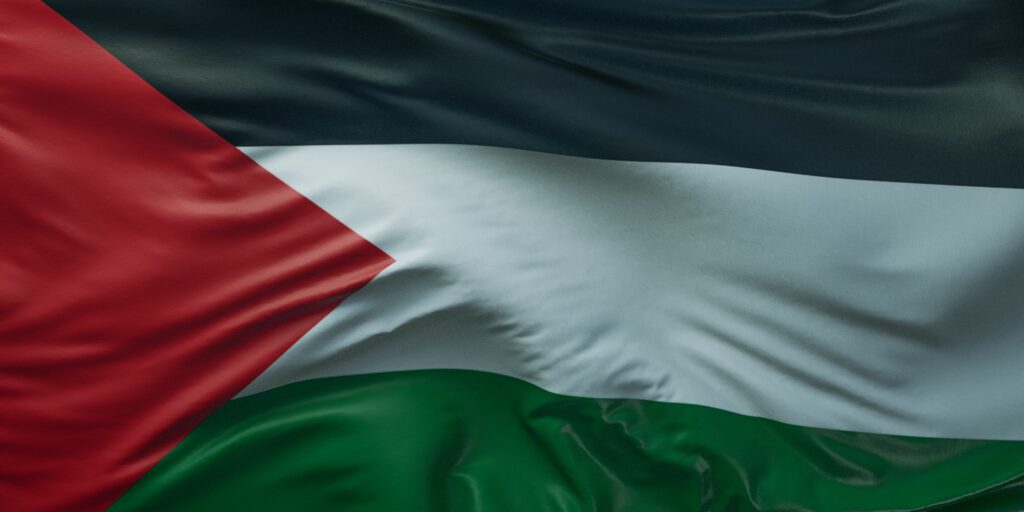An Israel Interior ministry panel recommended Sunday expanding the West Bank’s largest settlement in a decision Israeli human rights groups said will likely create serious political fallout and further block efforts for peace.
The internal panel, established by the interior ministry over a year ago to investigate the possibility of further expansion in Palestinian Occupied Territories, recommended unifying the 800-resident settlement of Kedar with the largest West Bank settlement, Maale Adumim, which has a population of 34,500 residents.
Settlements are one of the obstacles in the tortured Middle East peace process, and the Annapolis agreement signed by Israel and Palestinian Authorities in 2007 prohibited settlement expansion, which is also considered illegal under international law.
“Merging the two settlements will finally kill possibility of a two state solution,” Angela Godfrey, field coordinator for the Israeli committee against house demolitions, told AlArabiya.net. Connecting Kedar with Maale Adumim creates a permanent link between Jerusalem and its largest West Bank settlement.
“This will effectively suffocate East Jerusalem neighborhoods by surrounding them with settlements and preventing commercial access for Palestinians,” Godfrey explained, adding that with house demolitions in East Jerusalem on the one hand and settlement expansion on the other, Israel is de facto evacuating Palestinians.
Driving Arab Israelis out
Consolidating Kedar with Maale Adumim is part of a larger master plan to construct 6,000 new housing units to fit 25,000 new settlers. If passed, the expansion plan would take over the last remaining green belt Palestinians of East Jerusalem have for natural expansion of a growing population.
The proposed plan creates a wedge of Israeli buildings into the occupied territory of the West Bank, fragmenting Palestinians into small, disconnected cantons and isolated neighborhoods.
If passed, the plan would effectively destroy the only salient commercial activity along the Ramallah, East Jerusalem and Bethlehem route, which represents 30-40 percent of the Palestinian economy.
Building 3,500 units kills the possibility of real peace,” said Godfrey.
Forty-five-year-old Mansur al-Ghawi, a Palestinian father of seven, is one of the countless Arab Israelis in East Jerusalem bound to be evicted if the proposal to merge the two settlements passes.
“This proposal is only part of the grand plan for an all Jewish Jerusalem. Arab Israelis will be evicted much easier once Israeli settlements are consolidated because they take up any space we may have to expand,” al-Ghawi told AlArabiya.net. “All we can do after is live in tents outside of east Jerusalem behind the fence, and this means losing our work permits.”
Plan not “political”
But Israeli officials said that merging the two areas is required to maintain the settlements within the proposed route of the separation barrier that Israel is building to cordon off Israeli areas from Palestinian ones.
Hizki Zisman, spokesman for the Israeli mayor of Maale Adumim argued the plan was not politically motivated in nature but rather aimed at avoiding constructing two separate fences around the major settlement of Maale Adumim and Kedar because consolidating Jewish “blocs” (settlements) is part of Israel’s permanent plan.
“The proposal is not political but we are looking for a solution to not have the several blocs of Ariel, Maale Adumim and Ezyon scattered. The ministry of interior finds merging Kedar with larger areas is better in order to have one fence built around them rather than two separate fences especially when Kedar is very close to Maalee Adumim,” he told AlArabiya.net.
Kedra is apporximately 4 km (2.5 miles) from Maale Adumim; the ministry of interior panel used this proximity to argue tha Kedra was ultimately part of the larger settlement, and that constructing a fence around Maale Adumim only effectively means cutting off part of a unified Jewish settlement.
The legality of the separation barrier, labeled the Apartheid Wall by its critics, is under consideration by the Israeli Supreme Court.
The unilaterally constructed barrier has been criticized by several domestic and international rights organizations as well as the International Court of Justice and the United Nations General Assembly.
The settlement expansion plan is not in the best interests of Israel or the peace process, Hagit Ofran from the Israeli settlement watchdog Peace Now, told AlArabiya.net.
The proposal “cuts between the North and South of the West Bank and isolates East Jerusalem from the West Bank. This is bound to evoke more conflict,” she explained. “Israel;s interest is to build in Israel and not build on occupied territories.”
“Israel’s interest is to have peace with Palestinians. We do not want conflict with the world,” Ofran added.



